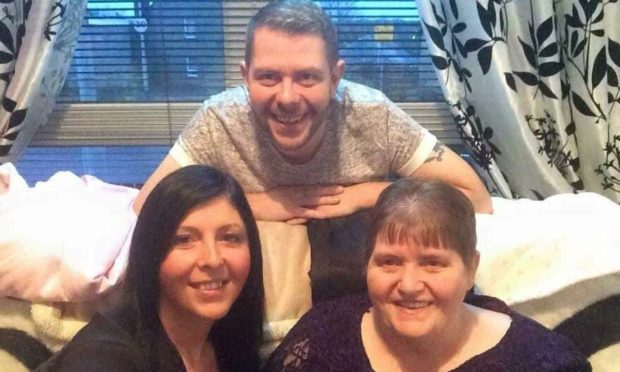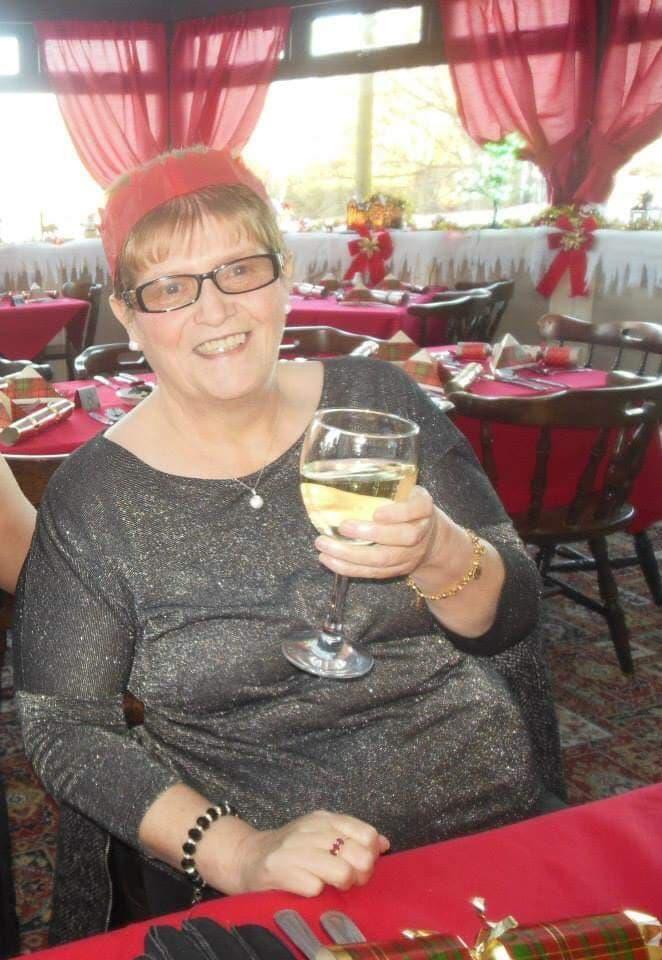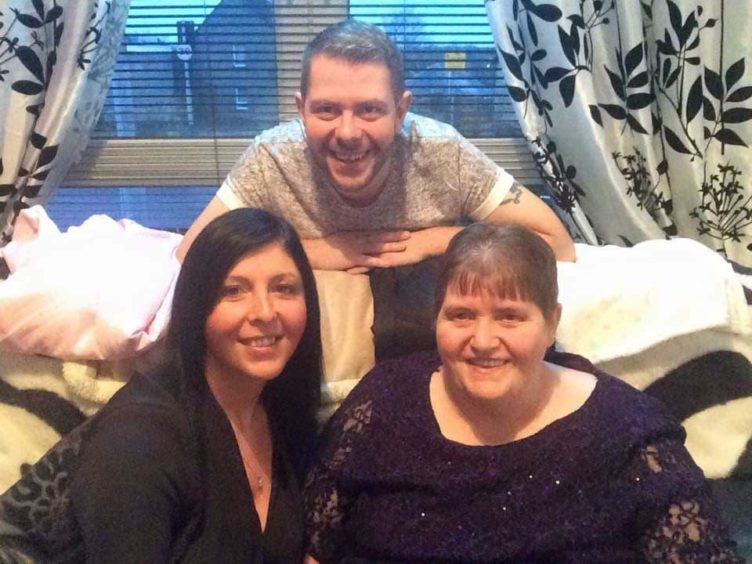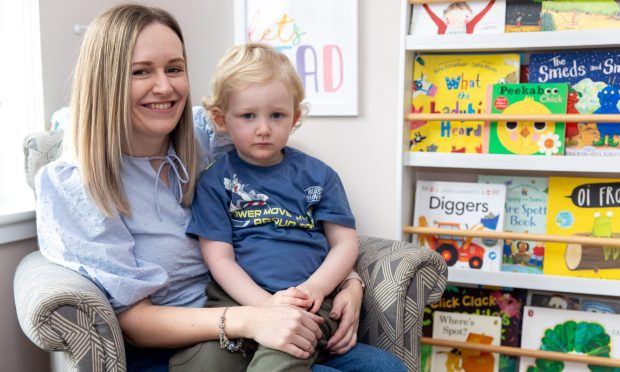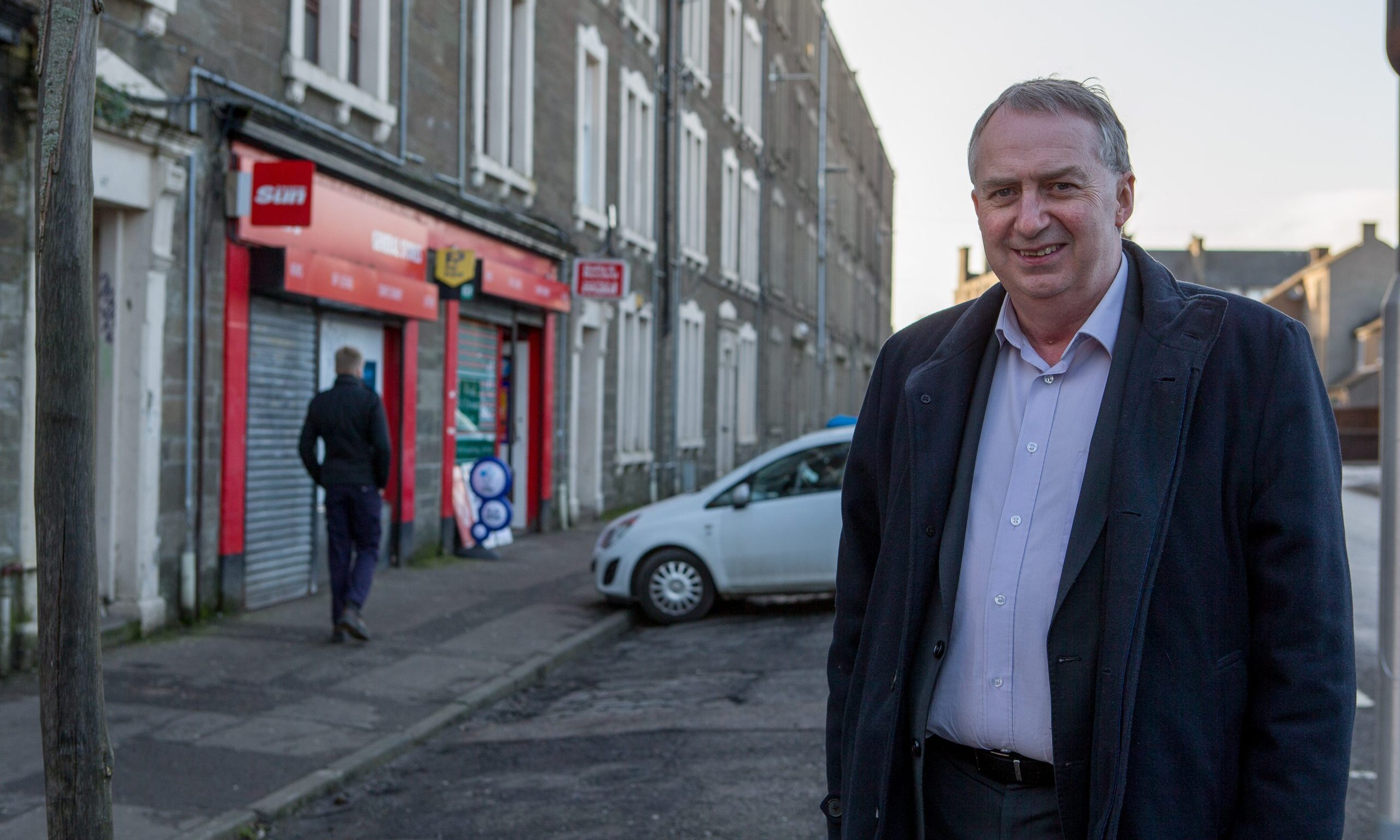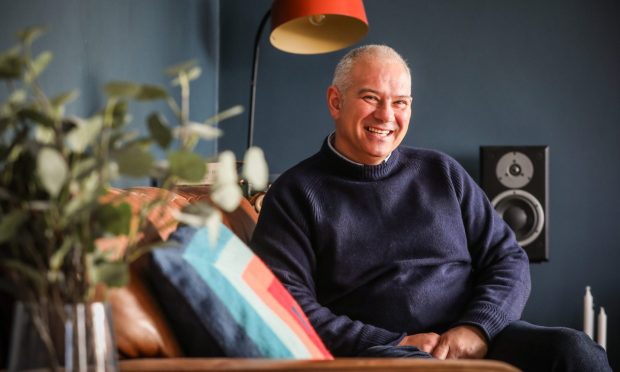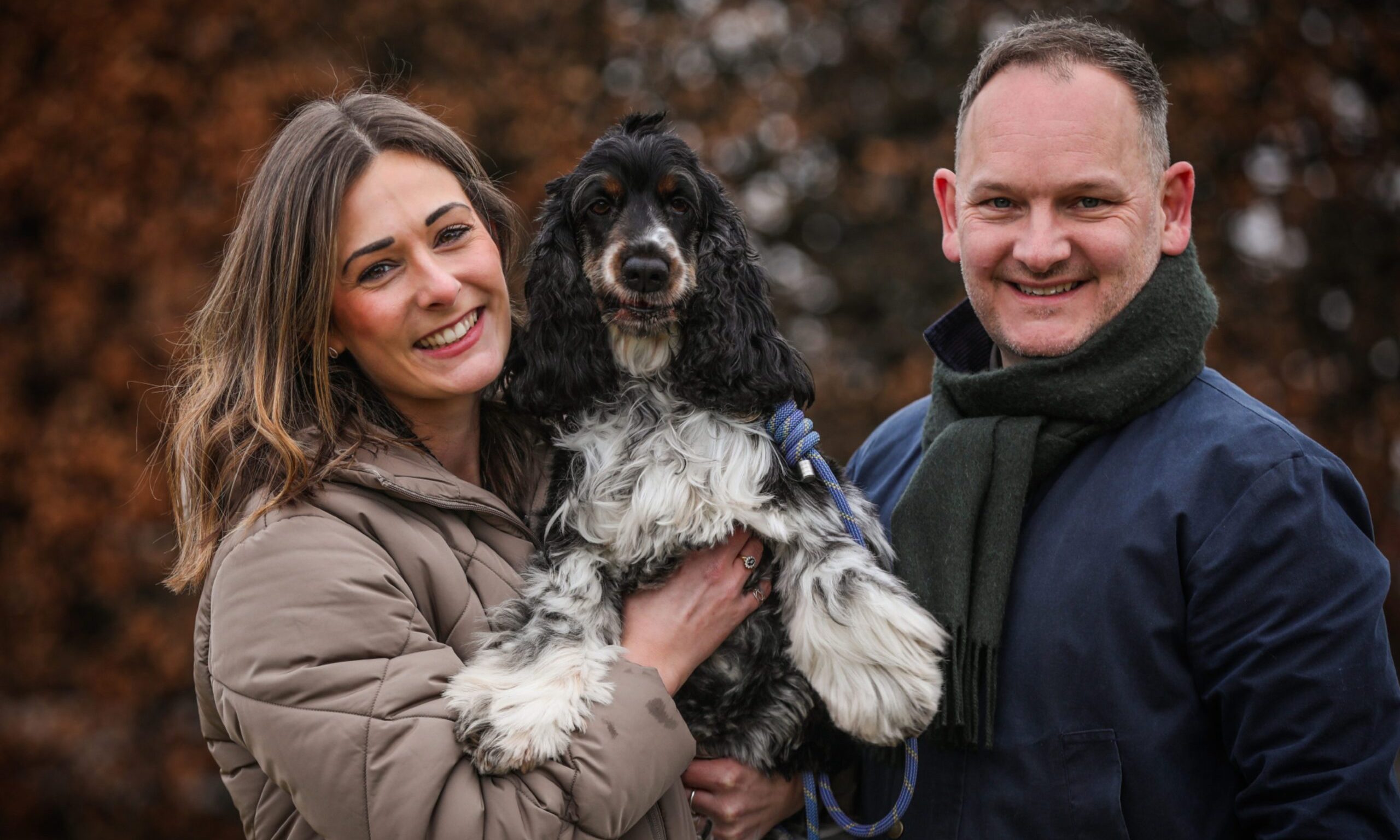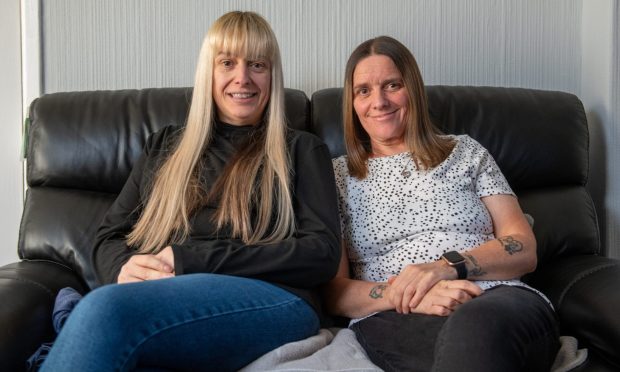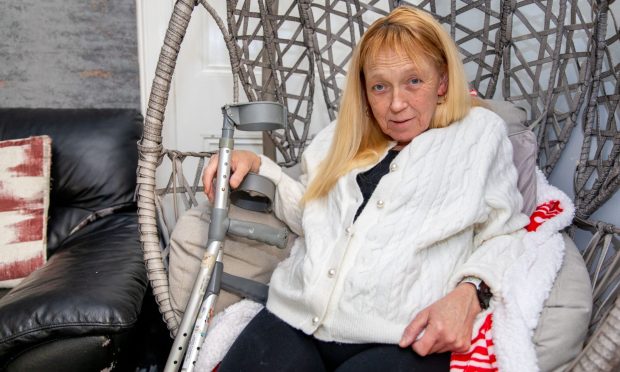It’s a silent killer claiming more lives than breast, bowel and prostate cancer combined.
And the family of a Fife woman who battled sepsis twice say still more awareness is needed of the condition which 4,000 people die from every year in Scotland.
Donna McFarlane and Thomas Wilson’s mother, Emily, beat the disease first time round after being in Kirkcaldy’s Victoria Hospital for five months.
Sadly, Emily, from Kelty, could not be saved the second time sepsis developed – leaving Donna and Thomas heartbroken. She was just 59.
Donna says the first time they were told her mum had sepsis was a shock: “We cried and told doctors ‘please put her on life support to give her a fighting chance’.”
During the long days that followed, the family were constantly at Emily’s bedside playing music from her favourite band, Queen, in the hope it would help wake her.
After 10 days, Emily was taken off life support and remained in hospital for months before going home.
Three years later, Emily became unwell again. But opportunities to spot sepsis – an infection of the blood – were missed.
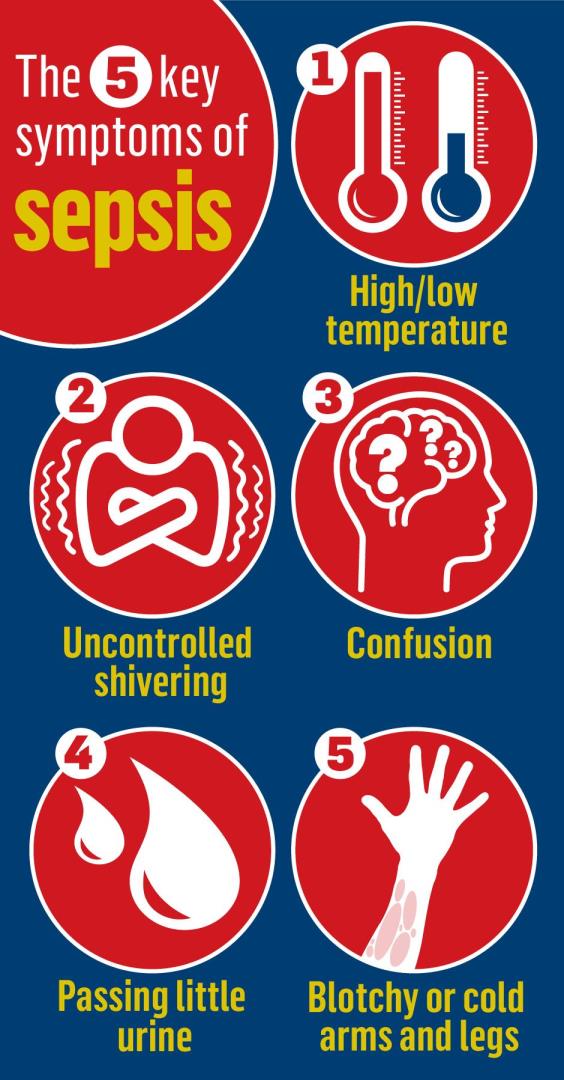
Donna explains: “A doctor was called and antibiotics prescribed for urinary and chest infections but there was no improvement.”
She was admitted to hospital where her condition deteriorated.
“The doctor advised there was only one option.
“They could not operate to fix a hole in her bowel as mum was very sick. They treated the sepsis with antibiotics in the hope it would kickstart the kidney.
‘We sat with her, holding her hand’
“We couldn’t believe that yet again sepsis had taken hold of our mum.
“We sat with her, holding her hand, talking to her in the hope she could hear us.
“At around 11.15pm we saw from the machines mum was hooked up to that her heart rate was dropping, her oxygen was dropping, her blood pressure – everything was dropping.
“The machines were silenced and monitors turned off. We knew this meant our mum wasn’t going to win the fight.”
Sepsis occurs when the body’s response to an infection spirals rapidly out of control, injuring its own tissues and organs, which can result in multiple organ failure and death.
More than 3,500 confirmed cases of sepsis were recorded in NHS Tayside hospitals over the past five years.
Emily passed away surrounded by her family.
And in the four years since, the family has campaigned for more research and to raise awareness of the condition.
‘Vital more people recognise sepsis signs’
Donna says: “What is very important to know is that while mum was diagnosed with sepsis, the condition was not immediately recognised.
“So it is vitally important that more effort is put into raising awareness of the symptoms and the urgent need to have the right treatment, as this will help save lives.”
Scientists at Edinburgh’s Roslin Institute are looking at how genes can influence the body’s response to conditions such as sepsis.
This Sepsis Awareness Month, Sepsis Research FEAT is working to spread the word about the condition and the importance of research.
Get involved in fundraising or find more information here.
